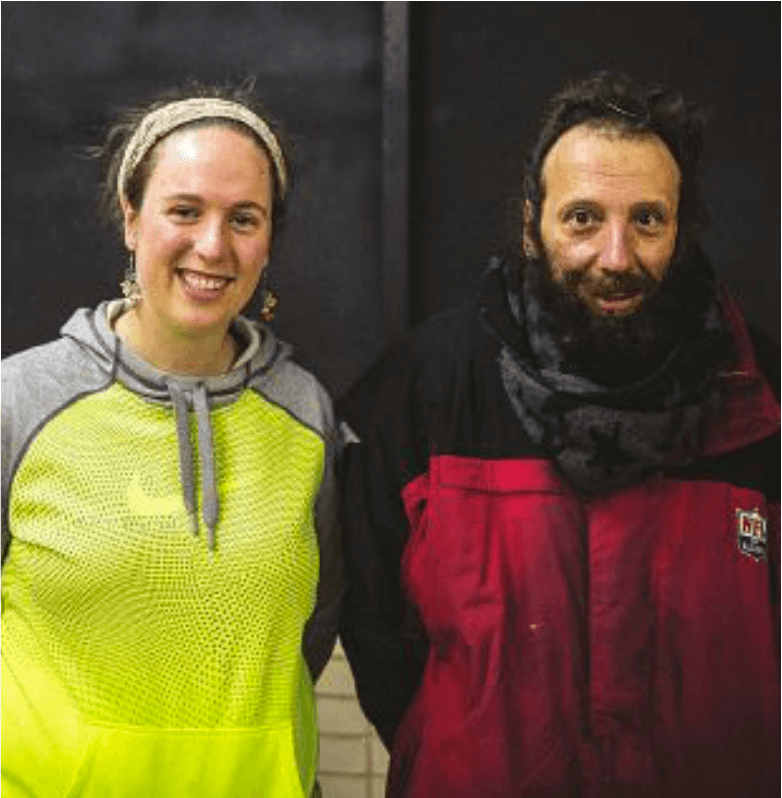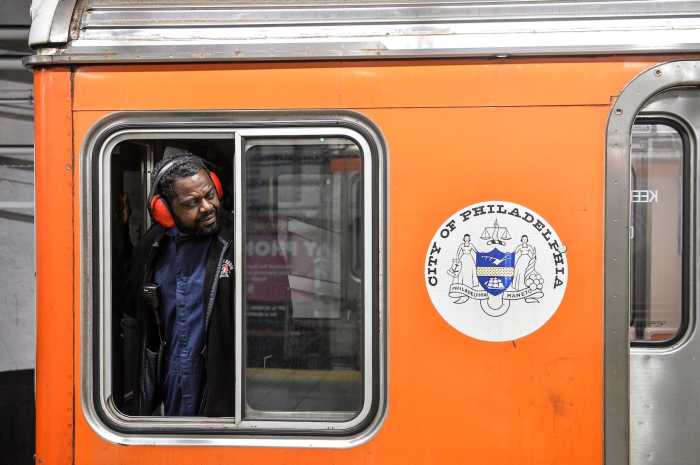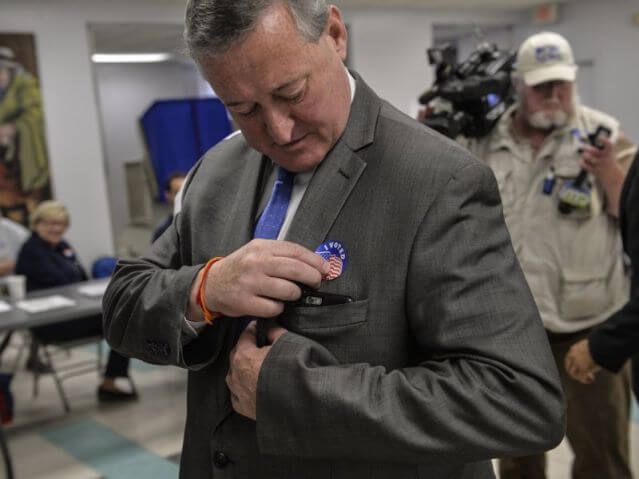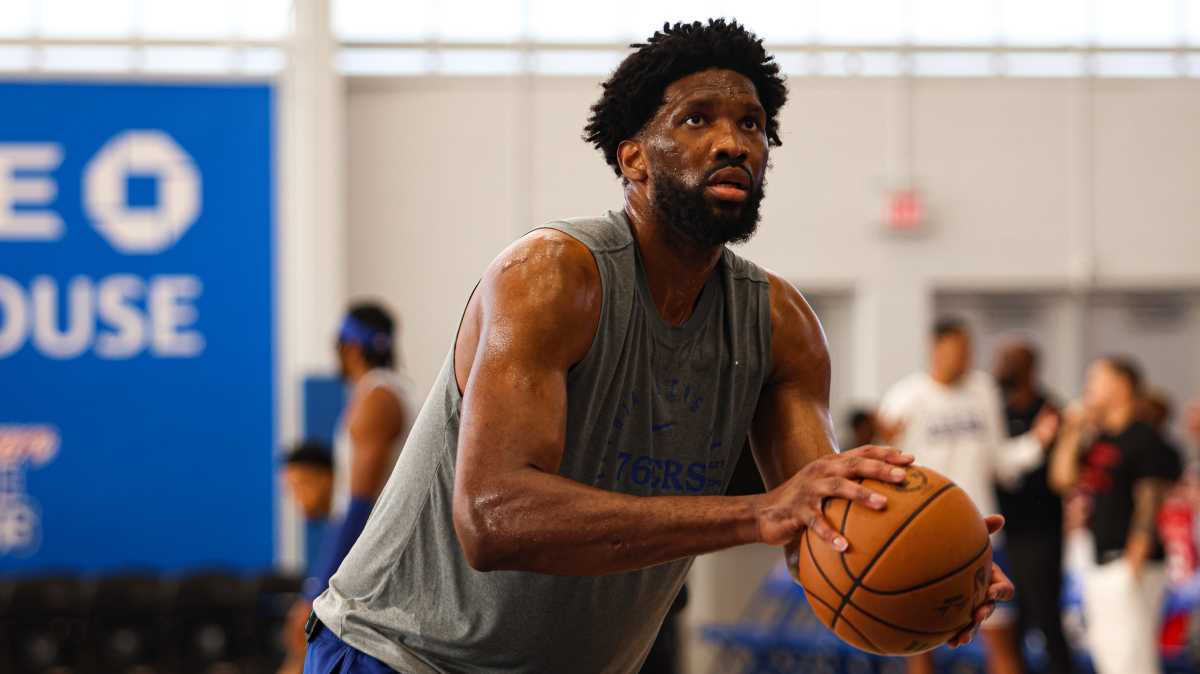Her eyes lacked any sense of joy, her gait was slow and barely more than a shuffle as she moved along near the Market-Frankford El station at Second and Market.
Nearly every urban dweller would see her as homeless, or at the very least needy on this chilly winter night.
Sure enough, as she walked closer, she stopped, and asked for money.
And then and there, in that place, at that time, this woman forced us to confront one of the unresolved quandaries of life in the city.
When this woman, or one of the other 500 or so needy folks out on Philadelphia’s streets on a typical night, asks you for money, are you doing her or the others any kindness by handing it over? A reasonable guess, and by the say-so of people in the know, is that many street panhandlers are addicted to either drugs or alcohol.
If that’s the case, are we helping or hurting them by giving them money?
As chance would have it, a cheeseburger I had in a bag came to the rescue that night. And a darned good burger, too, from a fairly expensive restaurant in the neighborhood where she had asked for money. She took it, seemingly gladly, and went on her way.
But the issue, of course, remains. Who knows if she actually ate it? Who knows if she traded it for some kind of mind-altering experience, and more important, how many times are you going to have an upscale burger in a bag when a panhandler approaches? Michael Stoops, director of community organizing for the National Coalition for the Homeless in Washington D.C. calls all of that an age old-question that perplexes typical Americans.
“There are so many folks on the streets — whether they are asking for money or not — you don’t have enough money to help everybody,” he said.
Furthermore, “You can hope and pray that they use the money wisely.”
John Edwards, 43, who’s been homeless for 10 years, was hanging out last week at the just re-opened Hub of Hope, a facility in the bowels of Suburban Station, that offers a place to get out of the cold, or get medical help and counseling. Edwards said he doesn’t panhandle much, but he sure knows those who do.
He said many of the panhandlers want food, “But they still want their alcohol or drugs.”
Karen Orrick coordinates the Hub, and on a bitterly cold day last week was busy talking to the dozen or so homeless people in the small facility, and making hot chocolate for Edwards, his third for the morning. Even Orrick, who caters to the homeless, admits to feeling conflicted when somebody on the El asks her for money.
“I personally feel like whose humanity is at stake here — is it their humanity or my humanity?” she said.
“I always feel like my soul is on the line a little bit,” she said.
If you see a homeless person in Philadelphia who appears to need help, call the 24-hour Homeless Outreach Hotline at 215 232-1984.
Street Talk: Handouts may hurt

Charles Mostoller



























